How To Get Assessed
Just finished a quiz and noticing results that suggest you might be facing some challenges? We understand that figuring out what to do next can feel overwhelming. That’s why we’ve created this comprehensive guide to help you navigate your next steps toward getting the support you deserve.
Seeking a professional diagnosis in Australia doesn’t have to be complicated. We’ll walk you through three different pathways you can take, making sure you understand exactly what to expect from each option. We know that concerns about cost can sometimes prevent people from seeking the help they need, so we’ve also broken down all the fees associated with initial appointments and assessments – whether you’re considering seeing a Psychologist, Paediatrician, or Psychiatrist.
But there’s good news about managing these costs! Many Australians don’t realize that they might be eligible for significant rebates through Medicare and Private Health Funds. We’ll explain exactly how these rebates work, what you might be entitled to, and how to access them. This way, you can focus on what really matters – taking care of your mental health – without worrying about unexpected expenses.
Ready to take the next step in your mental health journey? Let’s explore your options together and find the path that works best for you.
For All Ages
Psychology Assessment
Estimated cost $2,000 – $3000 for full assessment & results
*Medicare rebate available for <25
[RECOMMENDED]
Step 1: Find a Psychologist
Find a Neuro or Educational/Developmental Psychologist in your area.
Step 2: Book an Appointment with Your GP
If you’re under 25, request a Complex Neurodevelopmental Disorder Referral for the Psychologist you’ve selected.
If you’re over 25, ask for a Mental Health Care Plan instead in which you will receive a Medicare Rebate for both your initial and results appointments.
Step 3: Book an Appointment with your chosen Psychologist
Attend an initial appointment where the Psychologist will arrange assessment sessions to evaluate your cognitive and developmental functioning.
You will be diagnosed and recommended treatment. If medication is required, you will be referred you to a Psychiatrist or Paediatrician (based on your age).
*Psychologists can assist with filling out NDIS forms and government disability application forms.
for individuals 16 and under
Paediatric Assessment
Estimated cost $300 – $600 PER APPOINTMENT
*Medicare rebate available
Step 1: Book an Appointment with your GP
Start by scheduling an appointment with your GP for a referral to a Paediatrician. You can choose one online or ask your GP for a recommendation.
Step 2: Schedule an Appointment with the Paediatrician
Once you have the referral, you can set up an appointment with the Paediatrician.
Step 3: Have Your Initial Appointment with the Paediatrician
The Paediatrician will discuss any issues, and may diagnose the condition and recommend treatment.
Step 4: Further Assessment if Needed
If the presentation is unclear or complex, the Paediatrician will refer you to a Neuropsychologist or an Educational/Developmental Psychologist for further assessment.
*Paediatricians can assist with filling out NDIS forms and government disability application forms.
for individuals 17 and over
Psychiatrist Assessment
Estimated cost $600 – $800 per appointment
Step 1: Book an Appointment with Your GP
Book a GP visit to request a referral to a Psychiatrist. You can choose one yourself or ask your GP for a recommendation.
Step 2: Schedule an Appointment with the Psychiatrist
Once you have the referral, you can make an appointment with the Psychiatrist.
Step 3: Initial Appointment with the Psychiatrist
The Psychiatrist will do a general health check, ask about any difficulties you’ve experienced throughout your life, request school reports, speak with family and review any previous assessments you have completed.
Step 4: Diagnosis and Treatment
If you have a history of difficulties, you might be diagnosed during your initial visit. However, it is most likely the Psychiatrist will request a follow up appointment or require a few appointments to make a diagnosis.
Step 5: Further Assessment if Needed
If your situation is complex or the diagnosis isn’t clear, you will be referred to a Neuropsychologist or an Educational/Developmental Psychologist for further assessment.
*Psychiatrists can help with filling out NDIS forms and government disability pension applications.
Mental Health Appointment Costs in Australia
Psychology, Paediatric & Psychiatry Fees, Medicare Rebates, and Insurance Coverage Explained
In Australia, the cost of appointments with healthcare providers varies significantly depending on the type of practitioner. For example, an appointment with a Psychiatrist typically ranges from $600 to $800, while appointments with Paediatricians cost between $300 and $600.
Appointments with Psychologists generally fall within the $200 to $350 range, although prices may vary based on their experience. For example Clinical, Neuro and Educational & Developmental Psychologists complete additional years of study to specialise.
Comprehensive assessments for Neurodevelopmental conditions such as ADHD, Autism, Bipolar Disorder and personality disorders like Borderline Personality Disorder (BPD) and Narcissistic Personality Disorder (NPD) cost between $1,500 and $3,500. Pricing for Assessments can vary based on the clinic, so calling around to retain quotes beforehand is always a good idea.
For individuals under 25, Medicare provides partial rebates for assessments and covers a portion of appointment costs, which is determined by the practitioner’s credentials. However, adult assessments only receive Medicare Rebates on the initial and results appointments under a Mental Health Care Plan.
Some Private Health providers also offer partial coverage for expenses like initial and ongoing appointments, assessments and medication, though the extent depends on the provider and level of cover.
